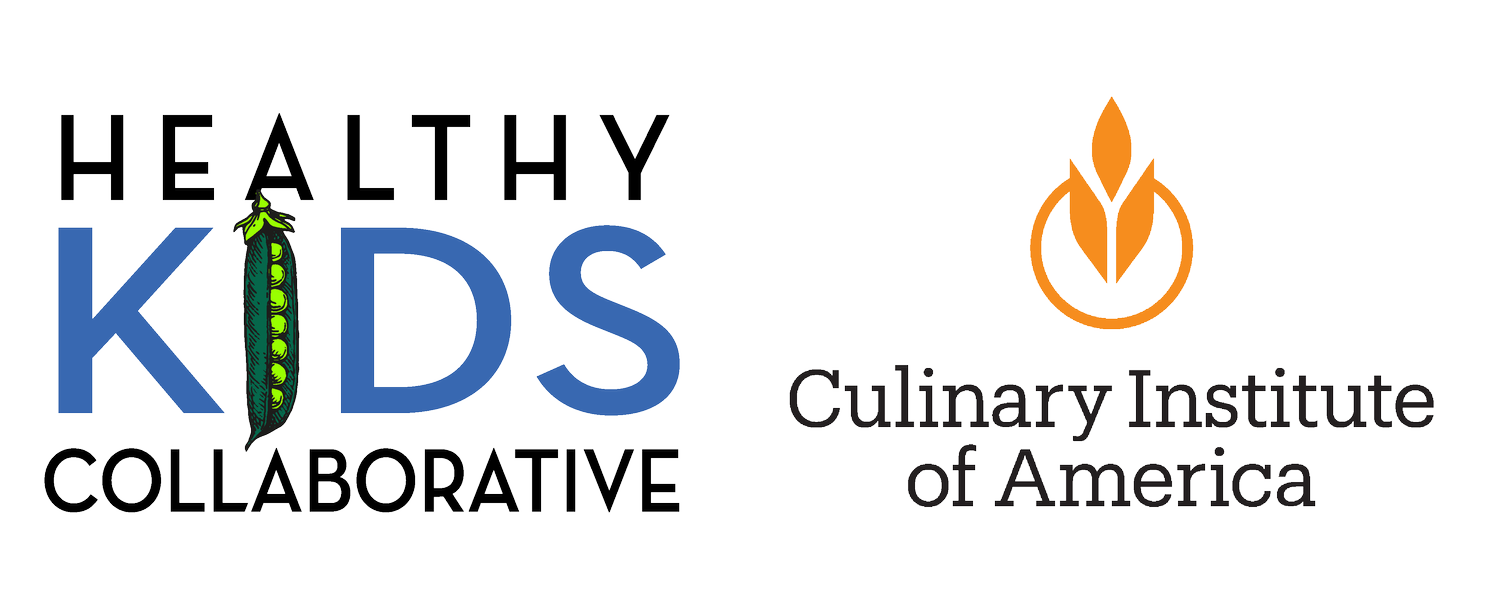Principle 1: Be Transparent About Sourcing and Preparation
Providing customers with abundant information about food production methods, sourcing strategies, calorie and nutrient values, labor practices, animal welfare, and environmental impacts is a necessity in our technology-driven and networked era. Consumer engagement is driven by the rise in food safety and fraud alerts, a growing interest in sustainability and food ethics, and a hyper-connectivity that yields instant access to information such as impending crop failures or the latest farm-labor conditions across global supply chains.
Consumers can learn about what they eat regardless of what chefs and businesses share. Given that, foodservice operators can build trust by learning about environmental and social issues in the food system and sharing information about their own practices. Identifying the farms that grow key ingredients, for example, is a strategy that creates value and brand identity and one that is quickly becoming a standard practice.
Going further and explaining how food is produced and the rationale for sourcing decisions are the next steps, while limiting or restricting information on hot-button consumer issues such as calories, trans fats, genetically modified ingredients, or processing methods are approaches not likely to survive over the long term. Operators who do not adjust business models and strategies to anticipate the impacts of this accelerating trend risk disappointing the dining public and having to play costly catch-up as such issues assume greater urgency with the public.

